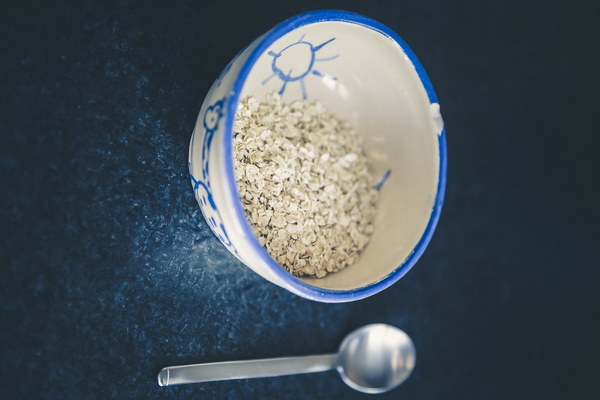Best Medications for Lung Health After Quitting Smoking
Introduction:
Quitting smoking is a significant step towards improving one's overall health, but it's not uncommon to experience respiratory issues afterward. The lungs have been subjected to harmful chemicals for years, and it takes time for them to heal and recover. To support lung health after quitting smoking, certain medications can be beneficial. In this article, we will explore the best medications for lung health after quitting smoking and how they can aid in the recovery process.
1. Bronchodilators:
Bronchodilators are medications that help to relax the muscles around the airways, making it easier to breathe. They are often prescribed for individuals with chronic obstructive pulmonary disease (COPD) or asthma, but they can also benefit those who have smoked for years. Some commonly used bronchodilators include:
- Salbutamol (also known as Ventolin)
- Formoterol (also known as Foradil)
- Salmeterol (also known as Serevent)
These medications can be taken as inhalers or nebulizers and provide immediate relief from symptoms like shortness of breath and wheezing.
2. Inhaled Corticosteroids:
Inhaled corticosteroids are another type of medication that can help reduce inflammation in the lungs. They are often used to treat asthma and COPD, but they can also be beneficial for individuals who have quit smoking. Some commonly used inhaled corticosteroids include:
- Fluticasone (also known as Flovent)
- Budesonide (also known as Pulmicort)
- Beclomethasone (also known as Qvar)
These medications are usually taken twice a day and can help prevent exacerbations of respiratory conditions.
3. Antioxidants:
Antioxidants can help neutralize the harmful effects of free radicals in the lungs, which can contribute to inflammation and lung damage. While not a medication per se, certain nutrients can be beneficial for lung health after quitting smoking:
- Vitamin C: Found in oranges, strawberries, and bell peppers, vitamin C can help reduce inflammation and support the immune system.
- Vitamin E: Found in almonds, sunflower seeds, and spinach, vitamin E can protect lung cells from oxidative stress.
- Selenium: Found in Brazil nuts, seafood, and whole grains, selenium can help reduce the risk of lung cancer and support immune function.
4. N-acetylcysteine (NAC):

NAC is a supplement that can help improve lung function and reduce inflammation. It is a precursor to the antioxidant glutathione, which plays a crucial role in protecting lung cells from damage. NAC is often used to treat COPD and can be beneficial for individuals who have quit smoking.
5. Pulmonary rehabilitation:
While not a medication, pulmonary rehabilitation is a comprehensive program that can help individuals with lung disease improve their breathing, increase their exercise tolerance, and manage their symptoms. It typically includes exercise training, education, and breathing techniques.
Conclusion:
Quitting smoking is a positive step towards improving lung health, but it's important to support the recovery process. By using medications like bronchodilators, inhaled corticosteroids, antioxidants, NAC, and participating in pulmonary rehabilitation, individuals can help their lungs heal and reduce the risk of respiratory complications. Always consult with a healthcare professional before starting any new medication or supplement to ensure it is appropriate for your specific needs.









